Well, for better or worse we’ve almost made it to the end. The mechanics of that are a more formality at this point – even in the primordial ooze of propaganda that represents established “history” of this period there’s not much dispute about what happened at Bosworth Field. I’m sure Baraou no Souretsu will find a way to lever a few more ludicrous inventions into the moment, but in the final analysis there’s one fact that I don’t think even this series can change.
If nothing else, I’m glad that Requiem of the Rose King does at least do the service of painting Richard as a fundamentally decent human being who was in many ways a victim of circumstance for his entire life. Which, as best as one can tell with an unbiased backwards gaze, he was. Whatever you believe happened at the end, with the princes in the tower and everything else, this was a brilliant commander at war and administrator at peace who inspired the fierce loyalty of his friends and the North of England. He was a popular figure who remained steadfast in support of his brother when other men’s (and women’s) loyalties were shifting on a dime.
This business of Richard faking Edward’s (his son’s) death and secreting him away with Jane Shore is novel, I’ll give it that. As with many of Kanno Aya’s twists this seems to be a completely original conceit with not even a hint of rumor to back it up. Anne died, certainly – a cruel blow to Richard who by all accounts was very fond of her at the very least – not long after little Edward (who was always frail). But I think this is Kanno’s way of cutting the unrelenting bleakness of Richard’s end at least a little and giving it something redemptive.
Another thing I appreciate is Kanno’s accurate depiction of Richmond’s campaign. Henry Tudor was indeed a pretender with an extraordinarily weak claim to the throne, and his army was indeed mostly foreign mercenaries and traitors (like the Earl of Oxford, to he sure). The play he puts on here to raise sentiment in his favor as removed from reality as Shakespeare’s, which it strongly resembles. To give this fictional Anne credit she was certainly right about what would happen to Edward if Richard lost to this man – after Bosworth Field and for many years, Henry Tudor was utterly ruthless in eliminating anyone who posed a potential threat to his tenuous claim to power.
As to this business of Richard Duke of York not being Richard’s real father, that likewise seems to be a Kanno invention. Unlike with Richard and Anne’s son, there appear to have been no rumors about Richard III’s parentage. But then there’s also no evidence Richard’s relationship with his mother was particularly troubled at all – he stayed with her when he arrived in London after Edward’s death, and they communicated amiably by letter and saw each other occasionally during Richard’s brief reign as king.
I’m not sure what I’m hoping for from the finale, but to be honest I don’t think I’m expecting a lot. I suppose I’d like to see the story end with a modicum of dignity – as indeed was the tone of this episode – and avoid the more lurid histrionics the series has been prone to. There are no happy endings for Richard III, that’s for certain, but I suspect Baraou no Souretsu will at least to better by him in the end than the Bard did.



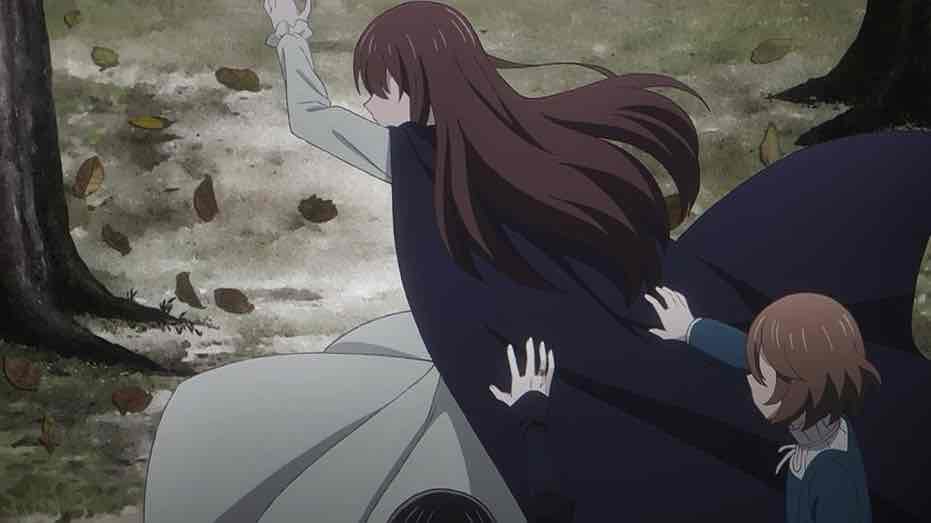
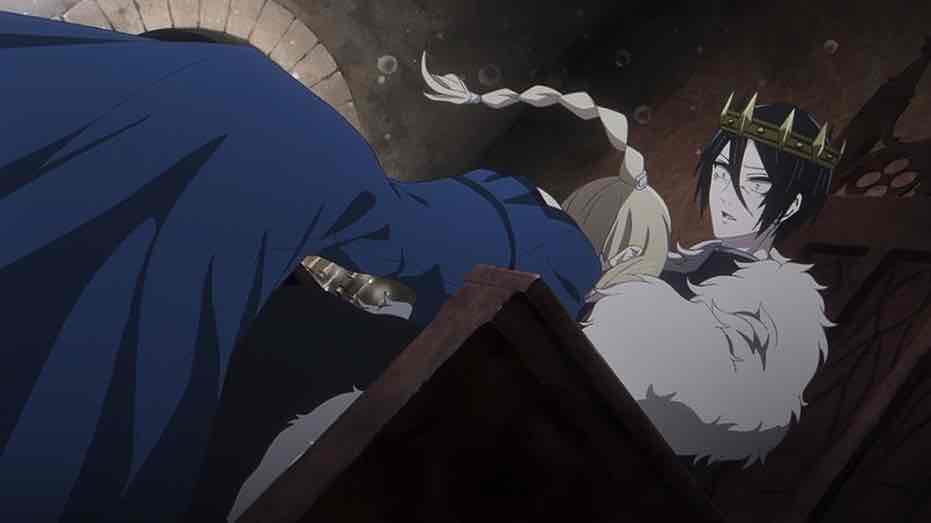
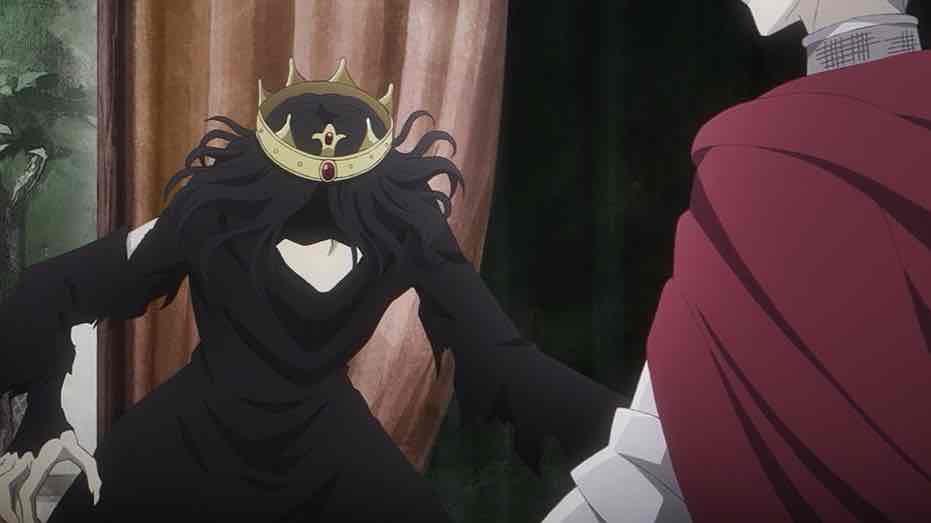
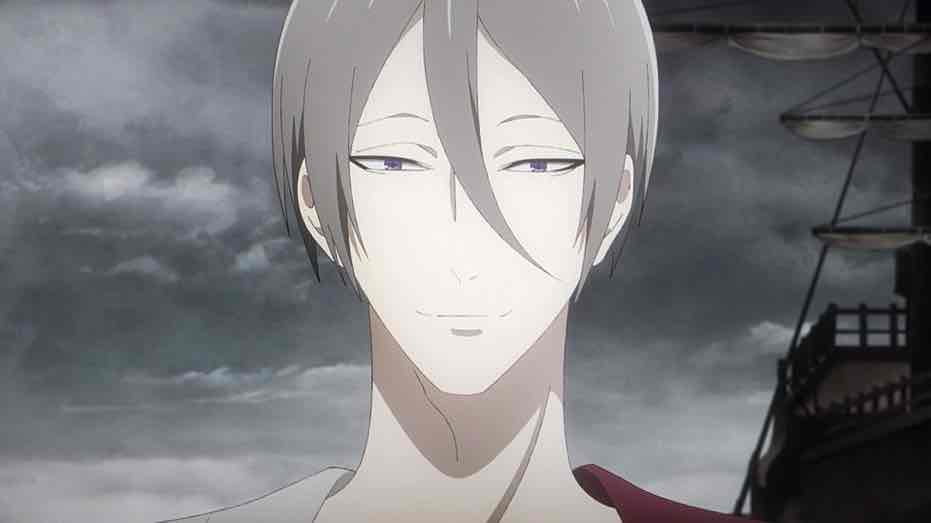
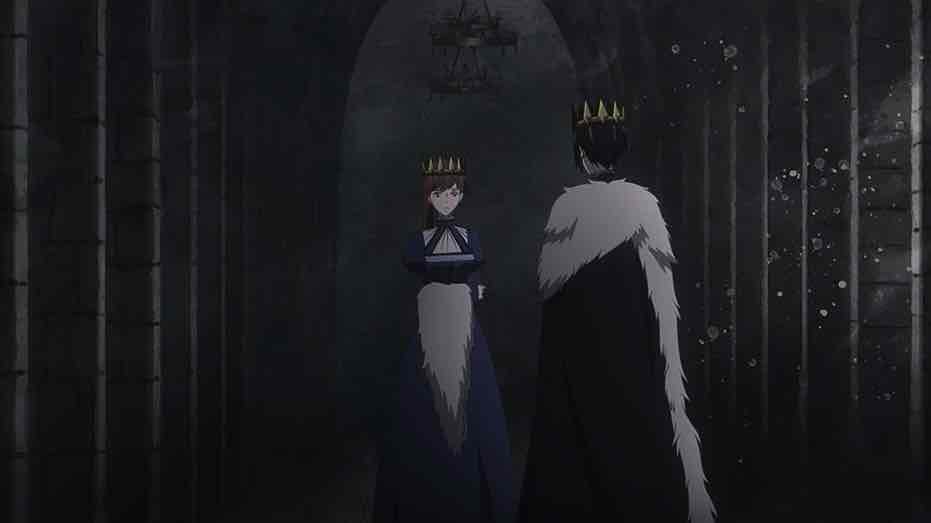
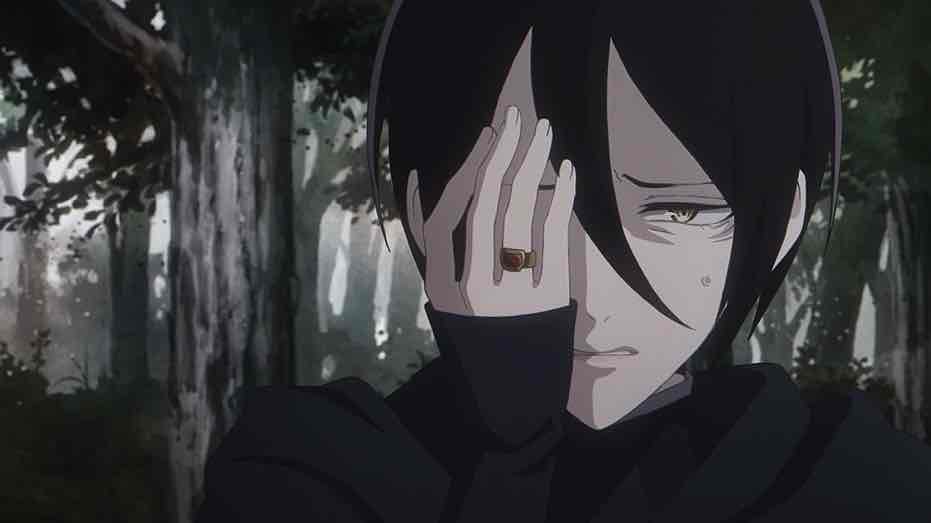
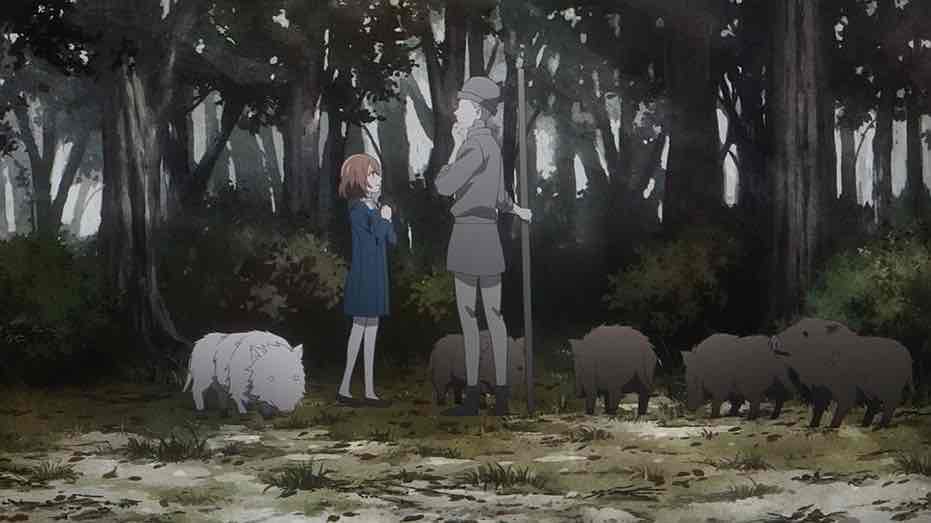
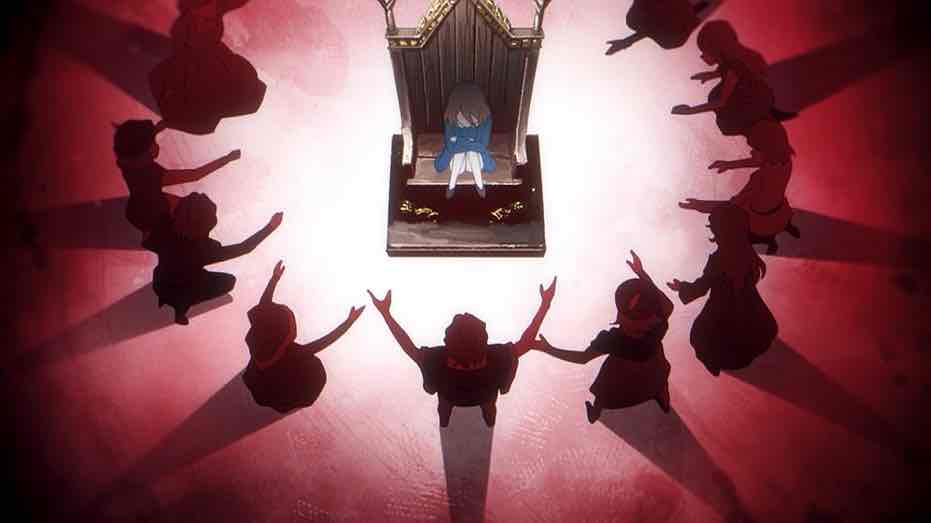
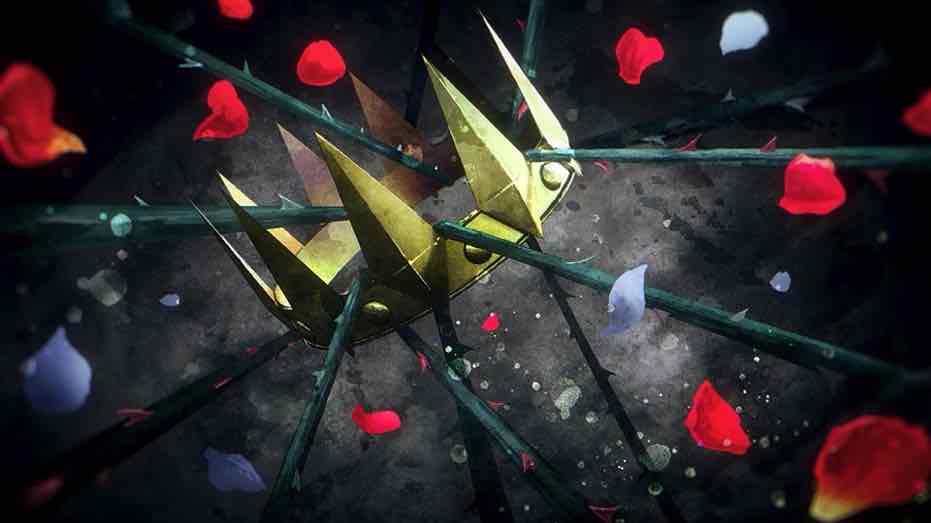
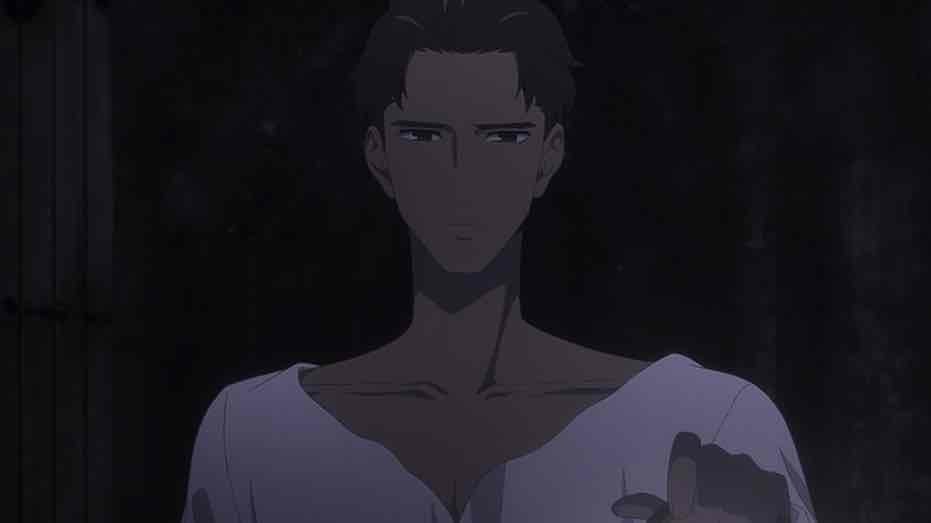
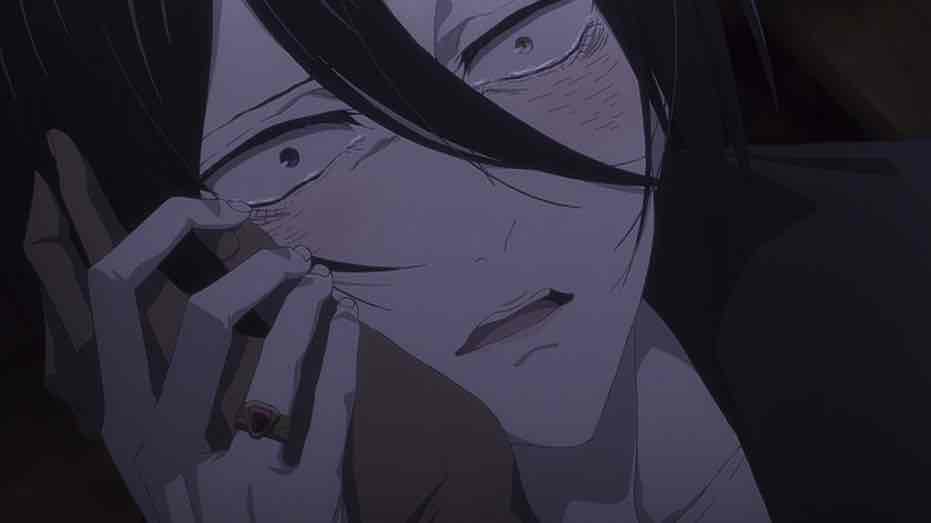
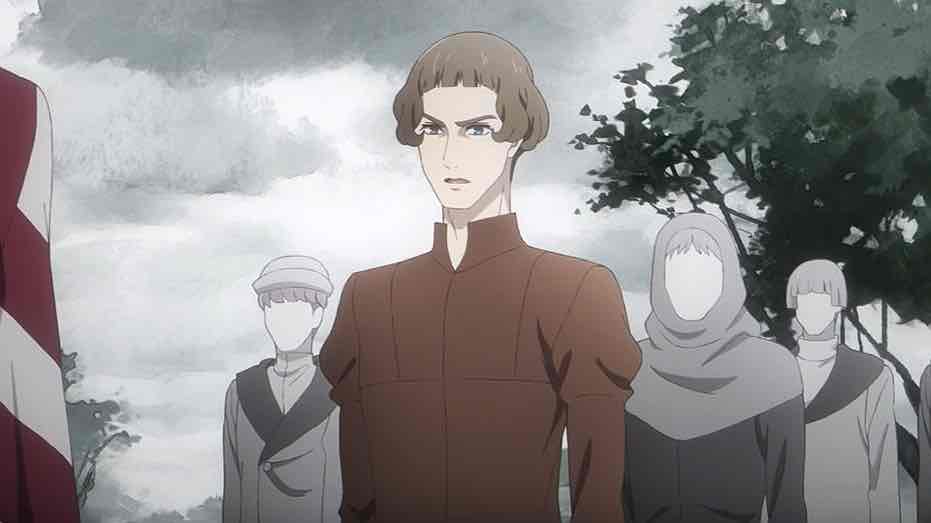
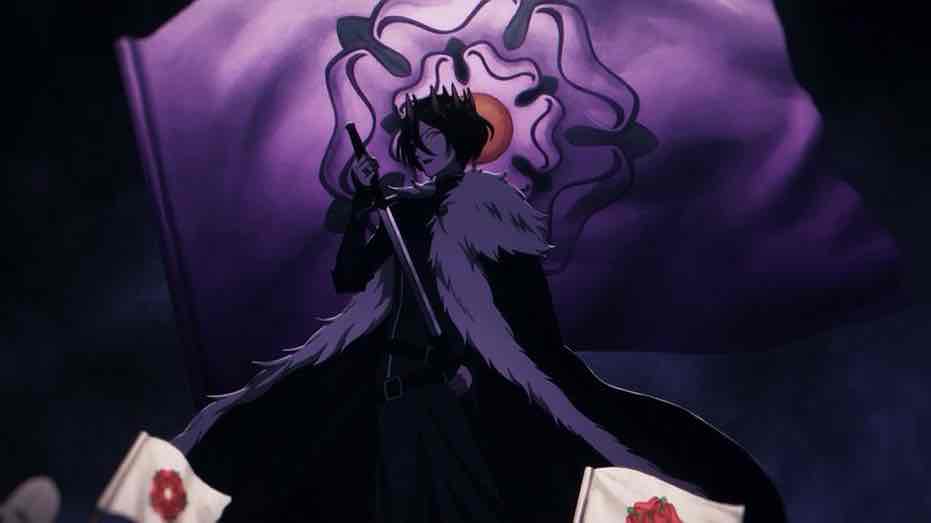
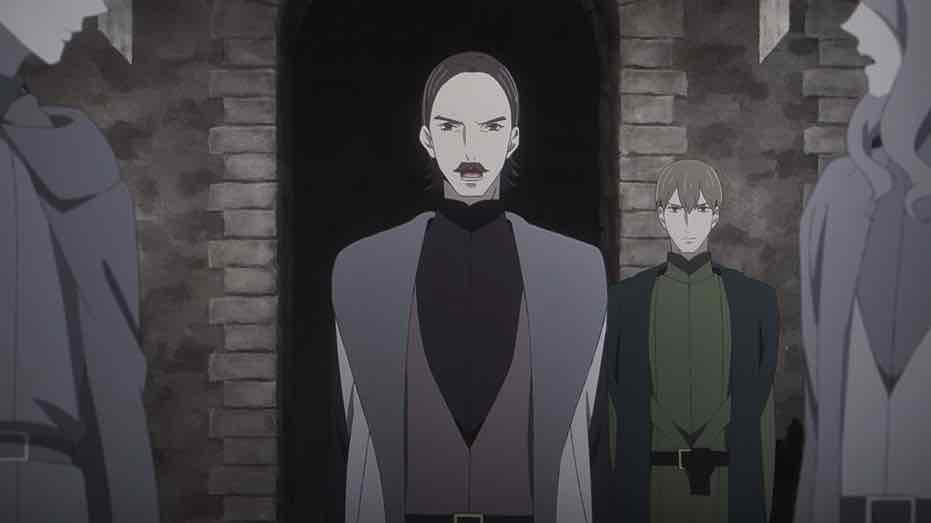


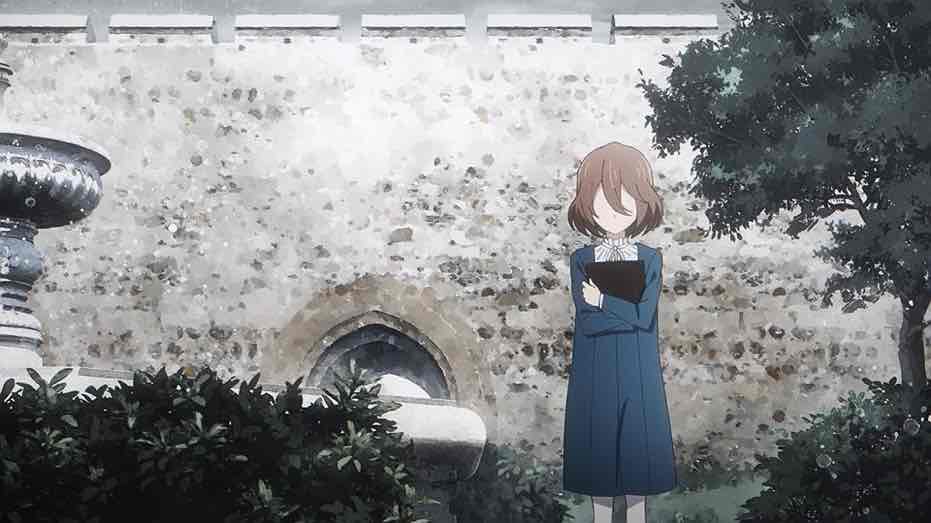
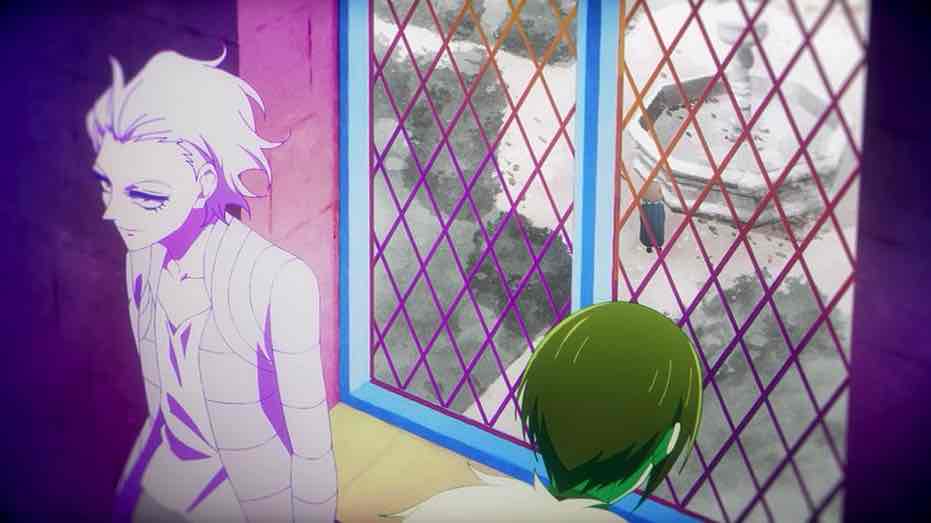

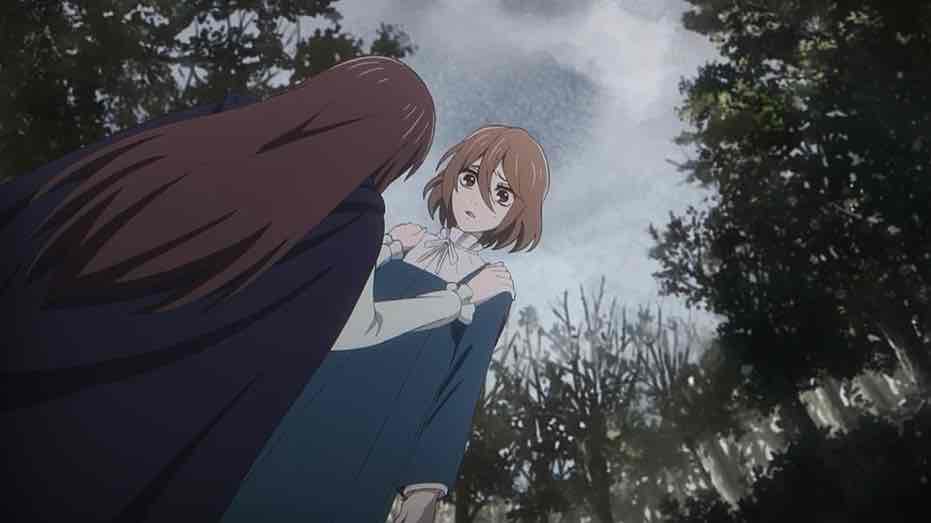
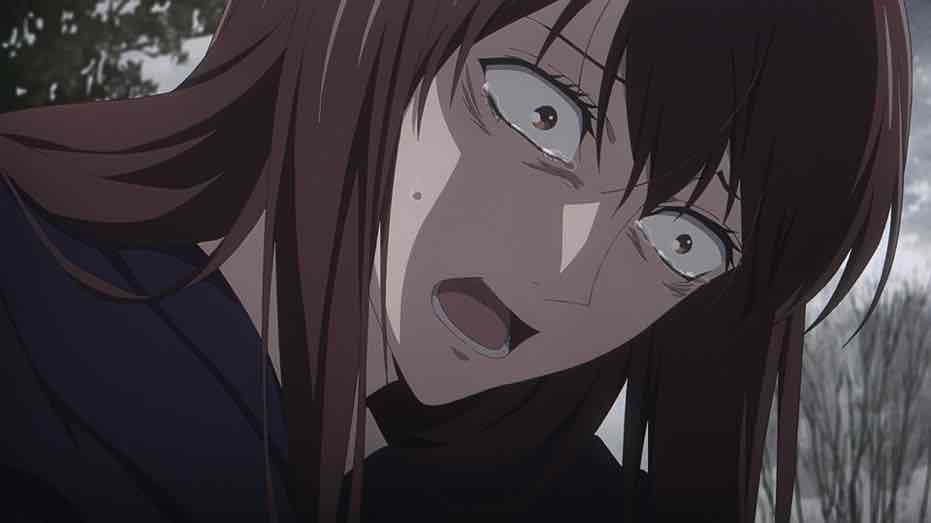
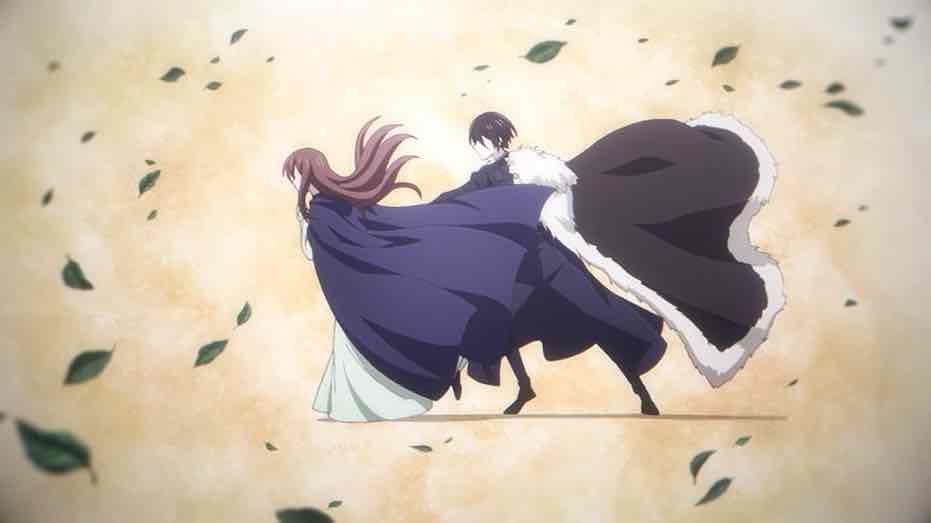
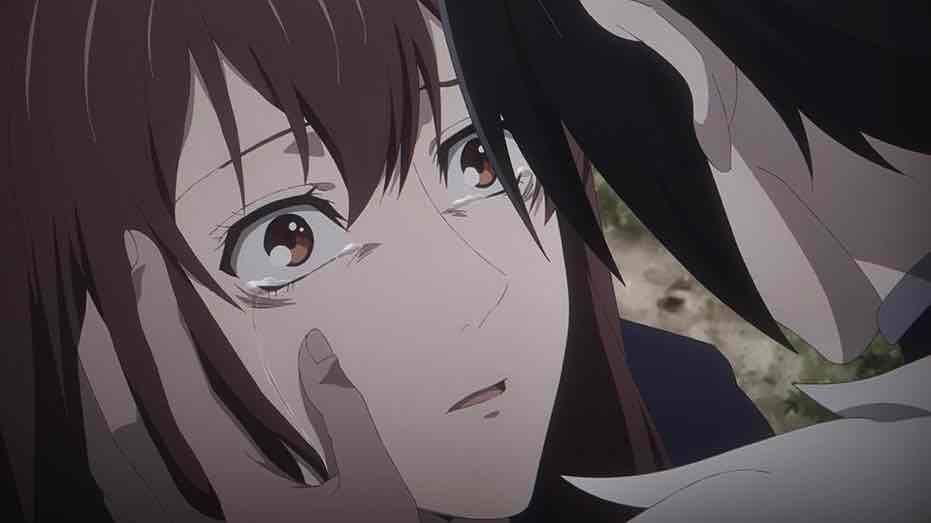

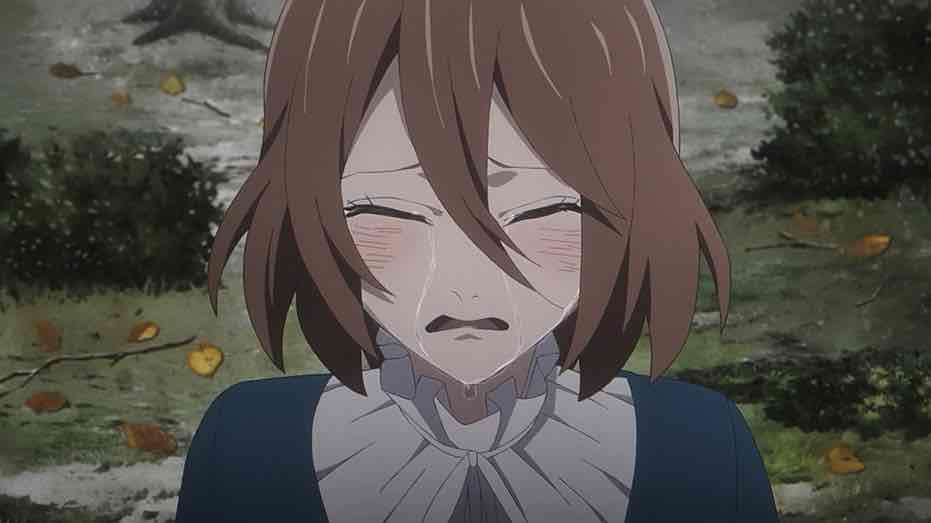
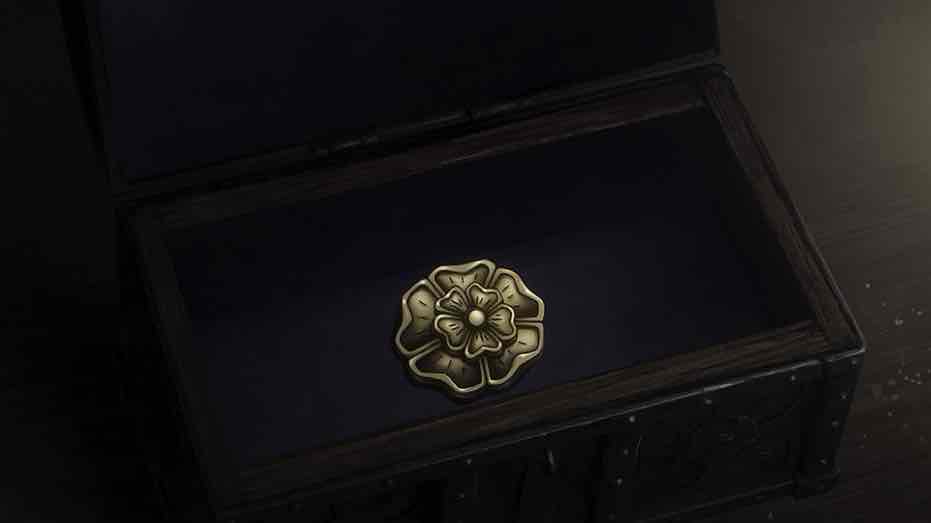
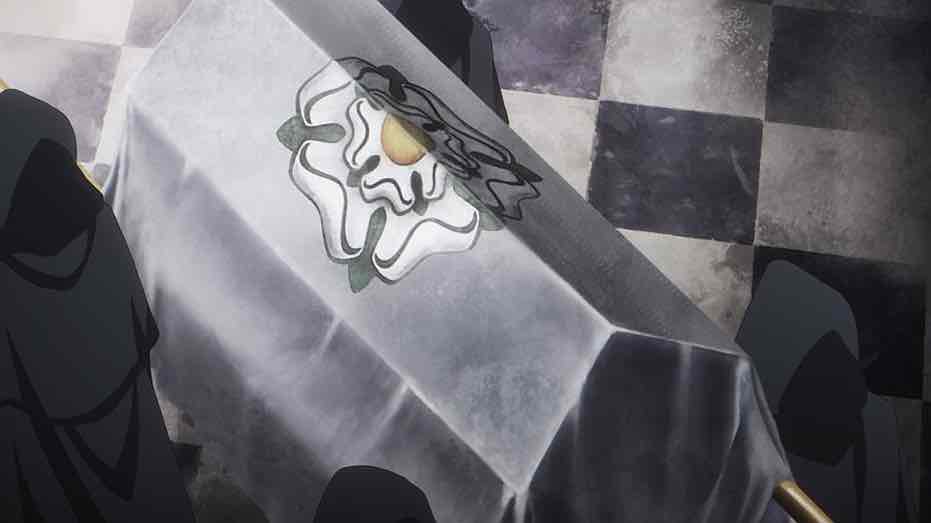
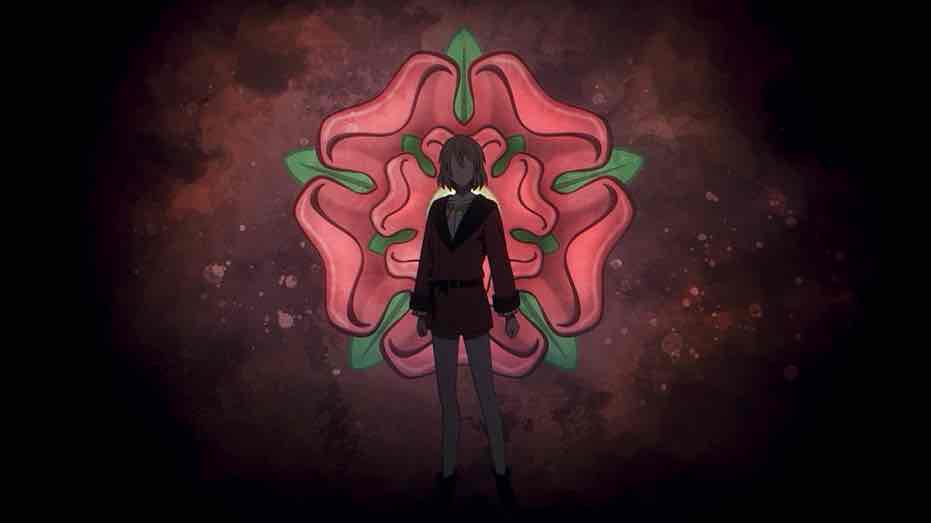
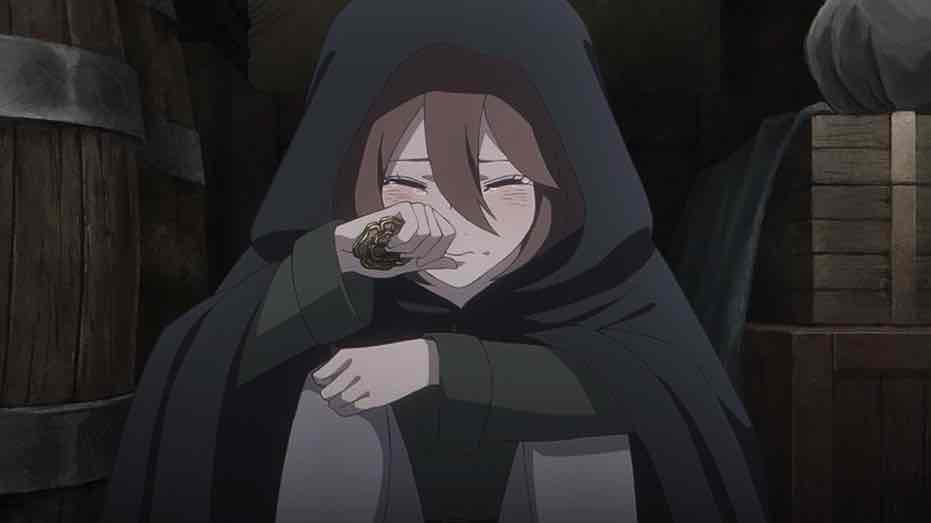
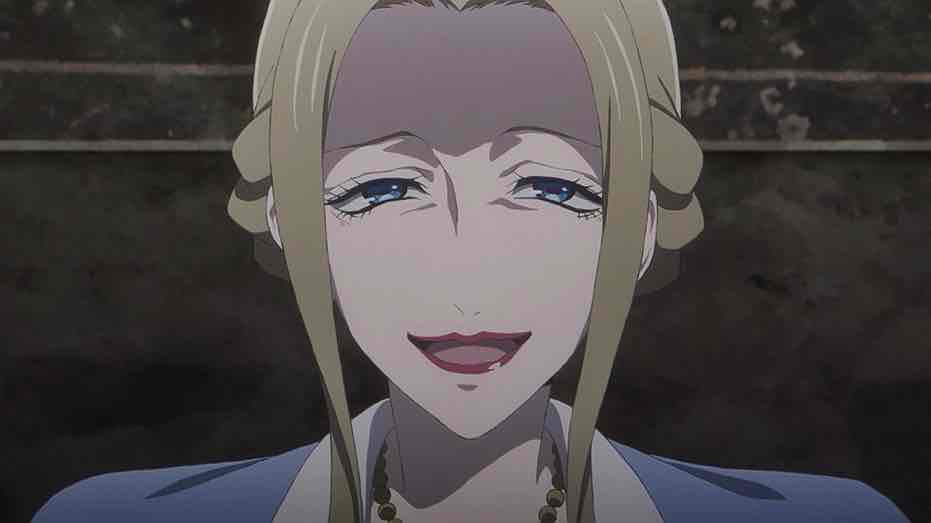
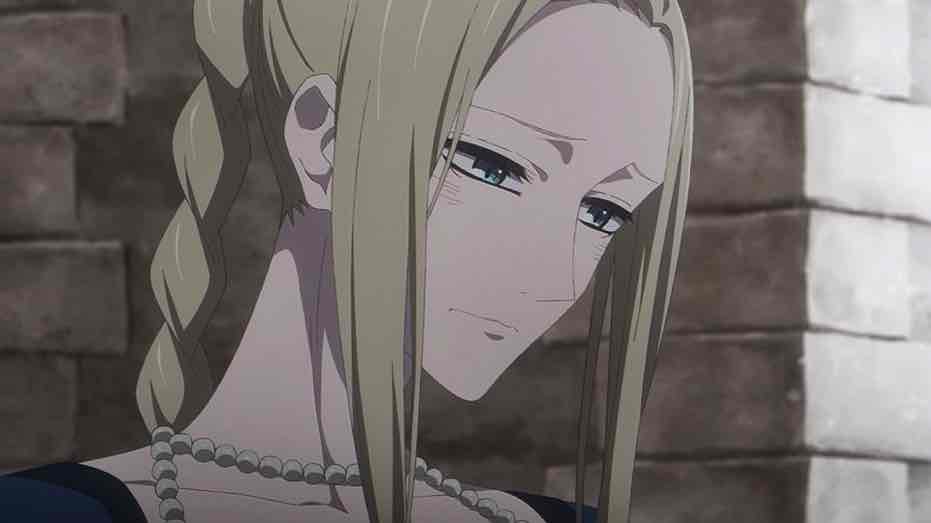
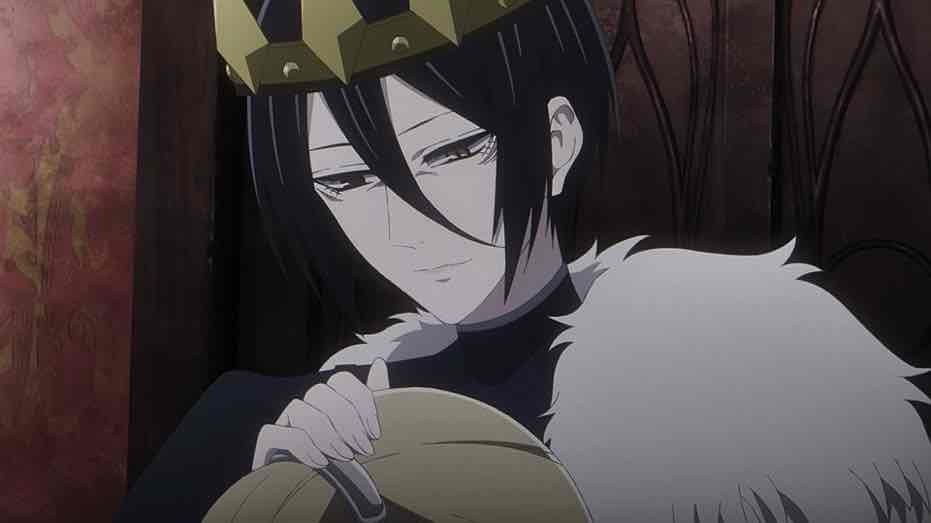

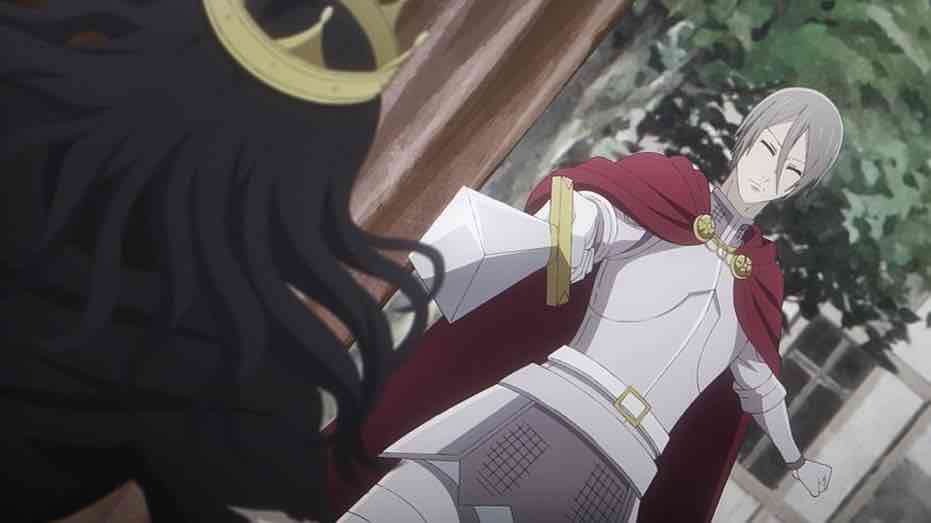
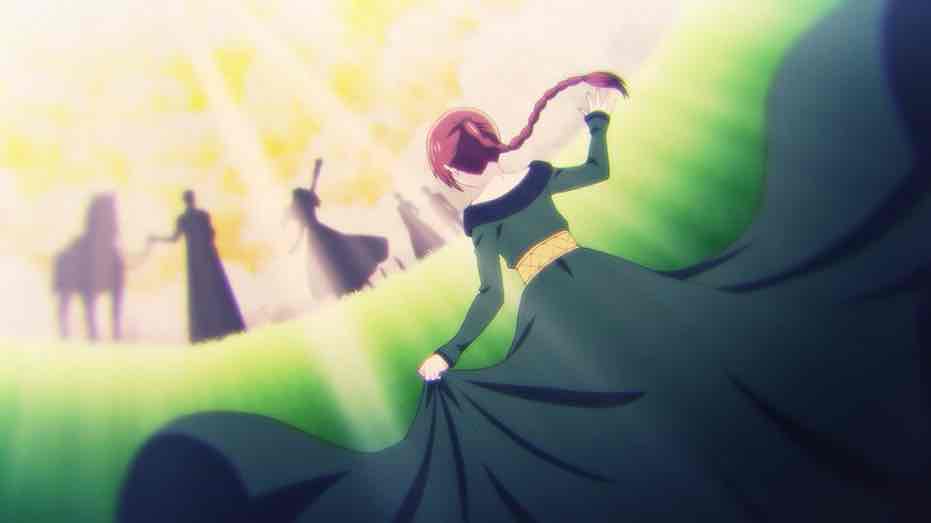
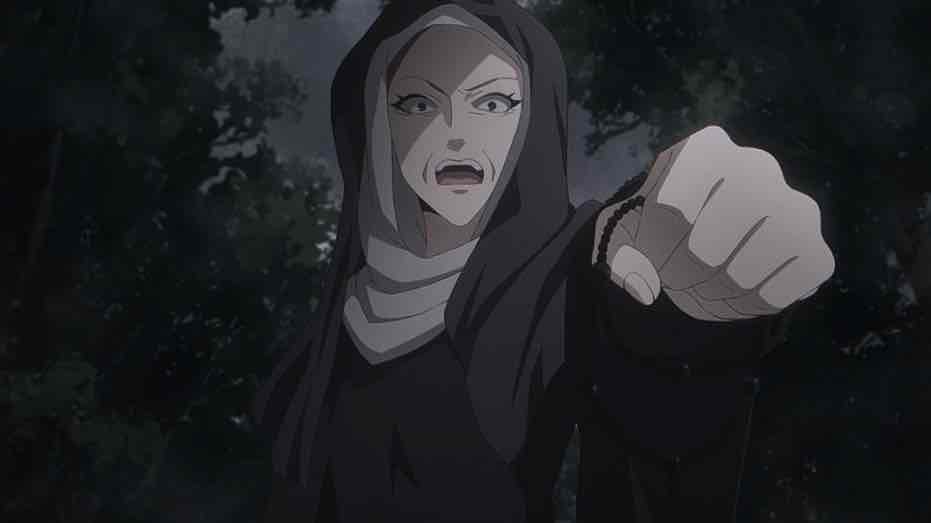

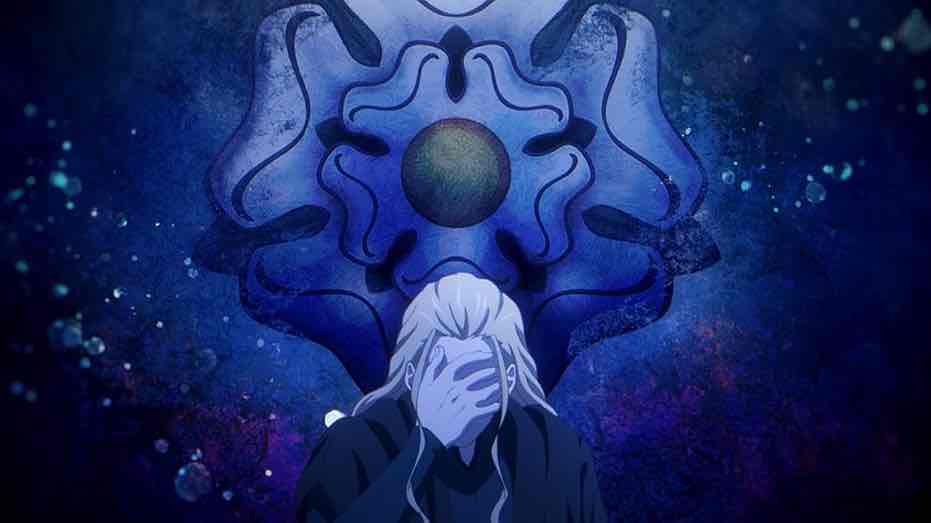
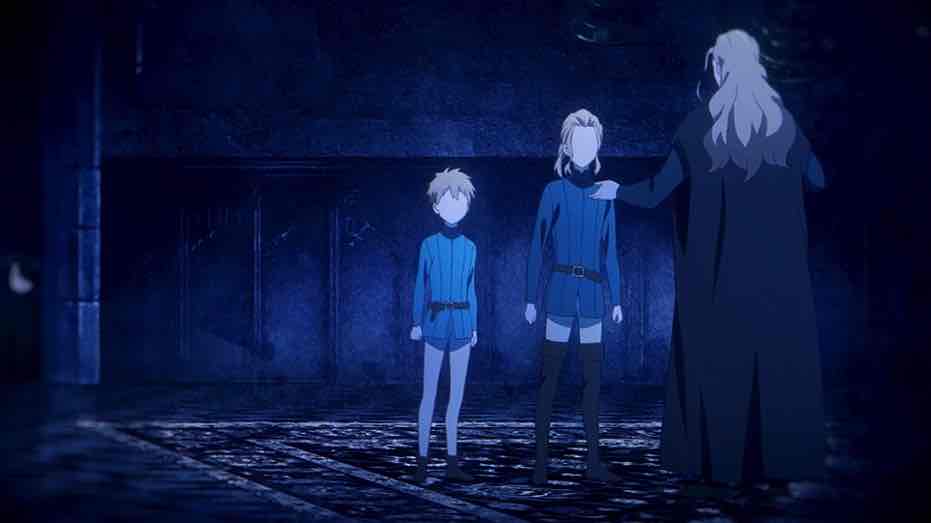
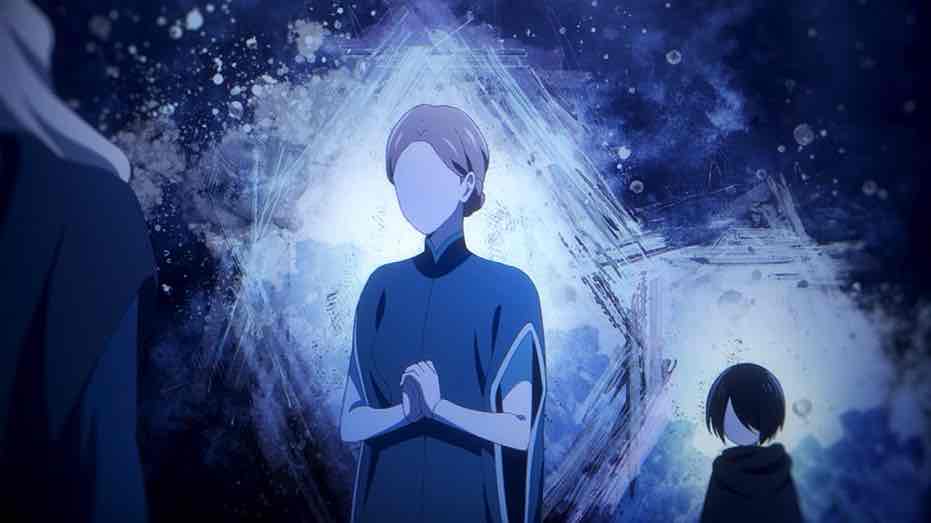
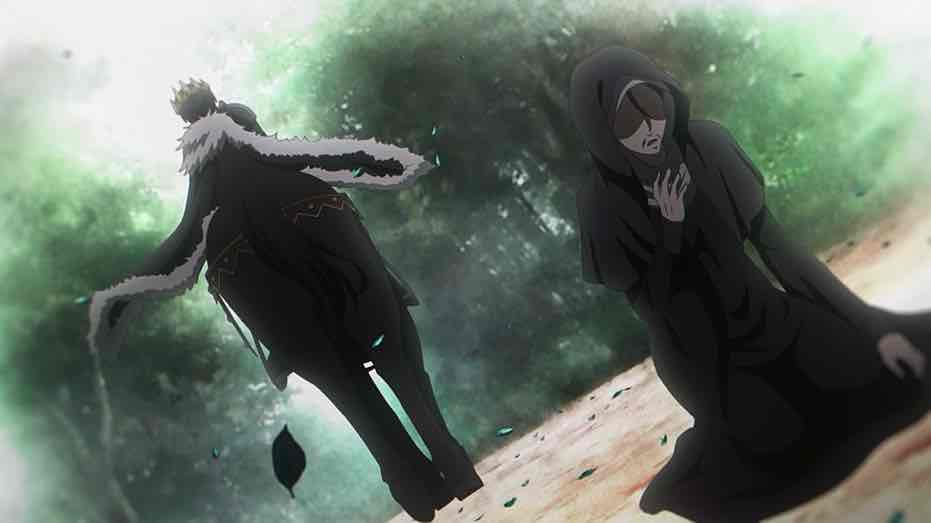
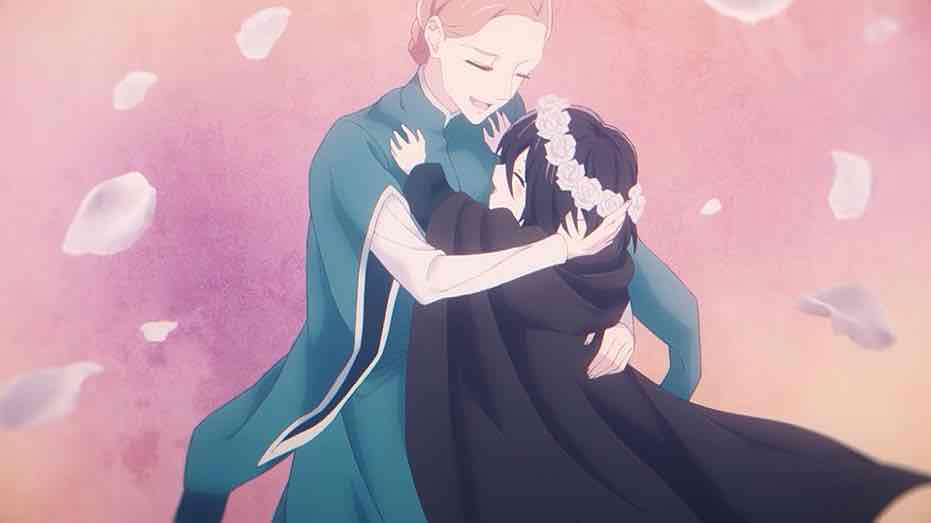
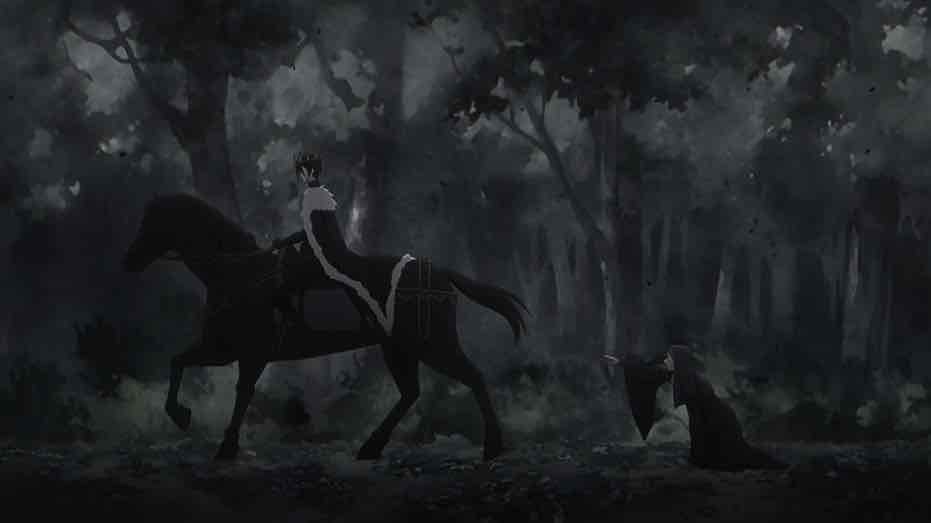
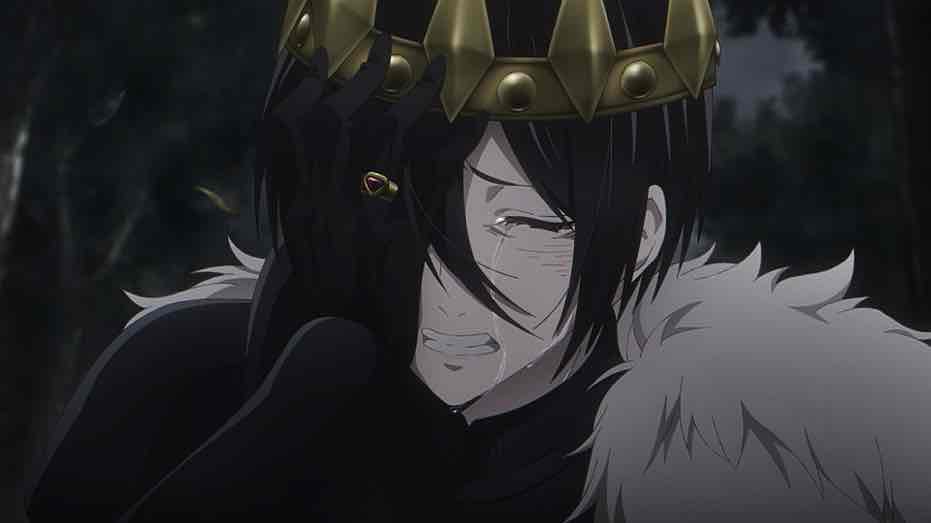


Collectr
June 21, 2022 at 5:54 amThe outcome is known and has been known since the beginning. But all the invention seems to be aimed in one direction – to deprive Richard of any hope for the future as well as belief in the past, thereby making him long for death in battle at Bosworth. Everything has been taken from him – wife, father, brothers. Everyone he has trusted has betrayed him – Warwick, Buckingham, even his mother. Only Catesby has stayed with him to the end.
What would “Richard III” have looked like as a true Shakespearean tragedy? Shakespeare’s tragic protagonists can be consumed by ambition, jealousy, avarice, indecision, or pride, but they are recognizably human. It’s not the deeds that mar Shakespeare’s “Richard III,” it’s the tone, with Richard portrayed as the sneering villain of melodrama. (He’d be twirling his mustache if he had one.) Macbeth’s deeds are as bloody as Richard’s allegedly were; but “Macbeth” brims with insight into the human condition, while “Richard III” provides only the tawdry thrills of the sensational. The mangaka sought to rewrite “Richard III” from a melodrama, as Shakespeare wrote it, to a tragedy; but a shoujo tragedy, which doesn’t really work. Another opportunity lost.